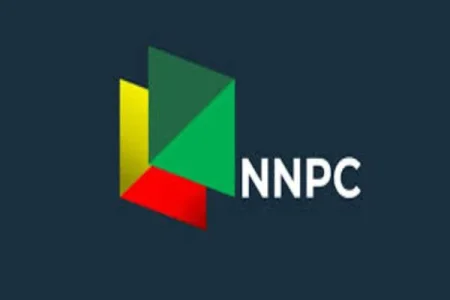
Nigerian tax reform committee proposes a fixed N800 per dollar rate for customs import duties, sparking concerns over potential economic disruptions and higher costs for businesses and consumers.
The presidential committee on fiscal policy and tax reforms has sent shockwaves through Nigeria's business community by recommending that the federal government adopt a flat exchange rate of N800 per U.S. dollar for calculating customs import duties. Taiwo Oyedele, the committee's chairman, defended the controversial proposal during a press briefing in Lagos on Thursday.
Oyedele expressed concerns over the constant fluctuations in import duty rates caused by the volatility of the foreign exchange market, making it difficult for businesses to plan effectively. "When we did the budget, we said naira to the dollar would be N800, now it is 1,000 something. People need to plan," he stated.
The tax expert argued that a fixed N800 per dollar rate for import duties would provide much-needed stability and predictability for the remainder of the year. "So now, we're saying dear government can you please sign an order that says for paying import duty, we shall use N800... for the rest of the year till December. So, we have proposed N800."
However, the Nigerian Customs Service (NCS) has been adjusting import duty rates frequently, reflecting the Central Bank of Nigeria's (CBN) recommended exchange rates based on trading activities in the official foreign exchange market. As recently as May 27, the customs hiked the rate to N1,480 per dollar.
The committee's recommendation has drawn criticism from various stakeholders, including importers and trade associations, who warn of potential economic shockwaves if the proposed naira-denominated levy is implemented. They argue that such a significant increase in import costs could disrupt supply chains, drive up consumer prices, and undermine the competitiveness of Nigerian businesses.
While the committee's intentions may be to provide stability and facilitate better business planning, the proposed N800 per dollar rate could have far-reaching consequences for the Nigerian economy, which heavily relies on imported goods across various sectors.




